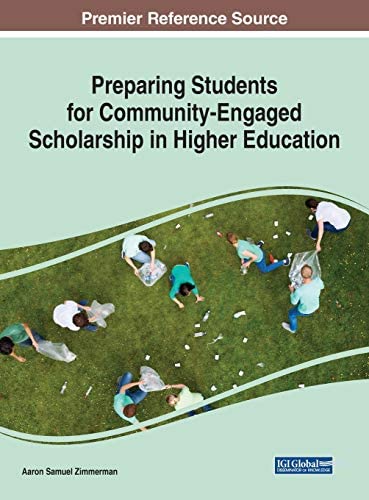Addressing risks posed by changing climate conditions in coastal areas demands innovative strategies that intersect multiple disciplines including engineering, ecology, communication, climate science, and community planning. To be usable, it also requires engaging coastal stakeholders in the development of research questions, the assessment of implications of research for planning and policy, and the communication of research results. Yet traditional, disciplinary programs are poorly configured to train the workforce needed to assess coastal climate risk and to develop and deploy integrated strategies for increasing coastal climate resilience. This chapter discuss the successes and challenges to implementing the Coastal Climate Risk and Resilience (C2R2) Initiative, a transdisciplinary program, at a large university as well as the benefits for the student and faculty participants from evaluation and student learning outcome data.
Training Students to Improve Coastal Resilience
Citation:
Ferraro, C., Jordan, R., Kopp, R. E., Bond, S. L., Gong, J., Andrews, C. J., Auermuller, L. M., Herb, J., & McDonnell, J. (2020). Training Students to Improve Coastal Resilience. In A. Zimmerman (Ed.), Preparing Students for Community-Engaged Scholarship in Higher Education (pp. 347-360). Hershey, PA: IGI Global. DOI:10.4018/978-1-7998-2208-0.ch017
